

Drawing on the teaching and practices of a range of practitioners – from Uta Hagen and Jacques LeCoq, to Rudolf Laban and Anne Bogart – our BA (Hons) Acting course will develop your imagination, your technique, your expressive and collaborative skills, and your creativity.
How to apply Chat to our studentsFor drama, dance and cinematics in The Times and Sunday Times Good University Guide 2024
For drama, dance and cinematic in the Complete University Guide 2025
![]()
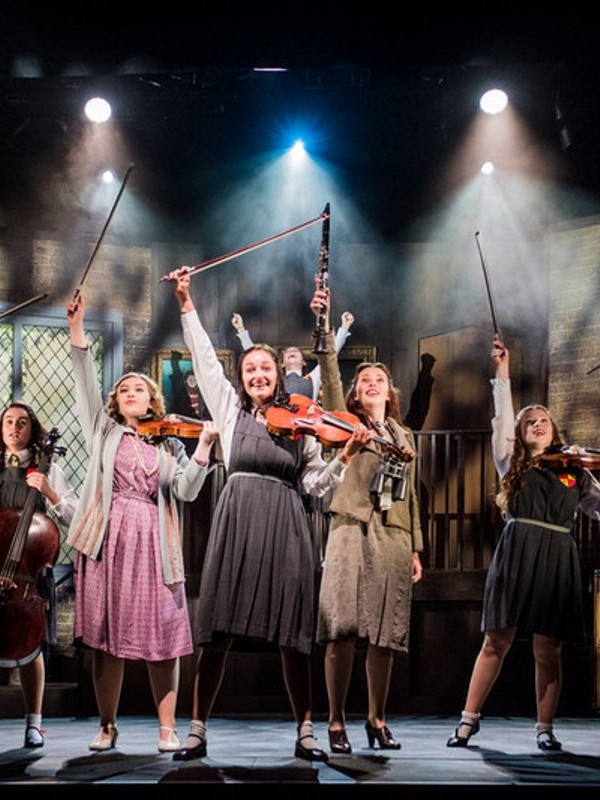
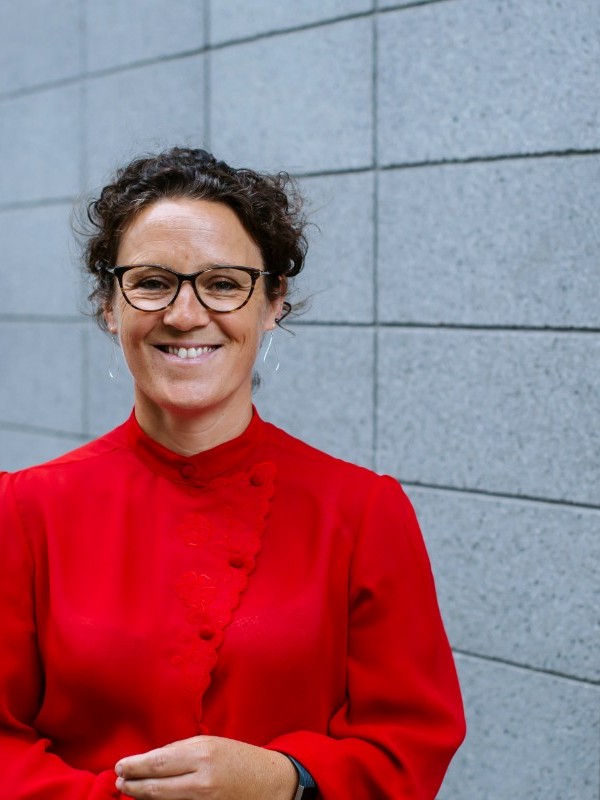
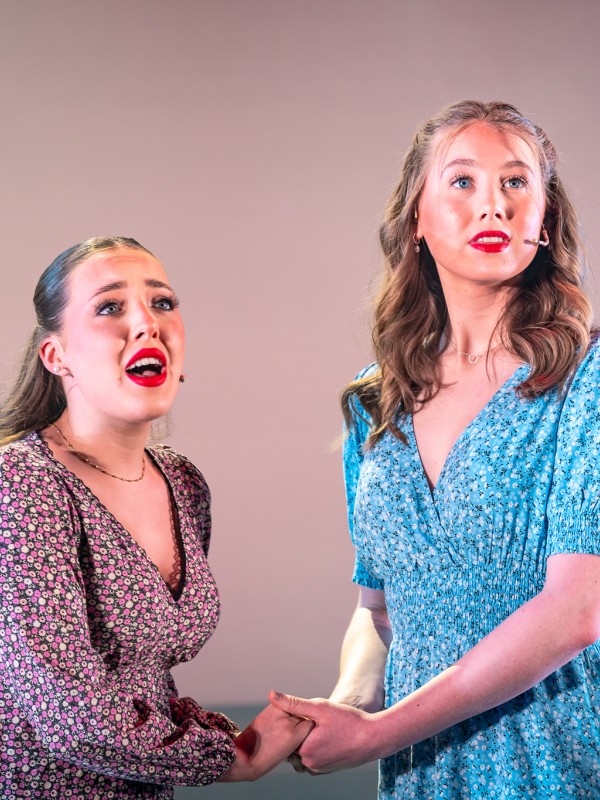
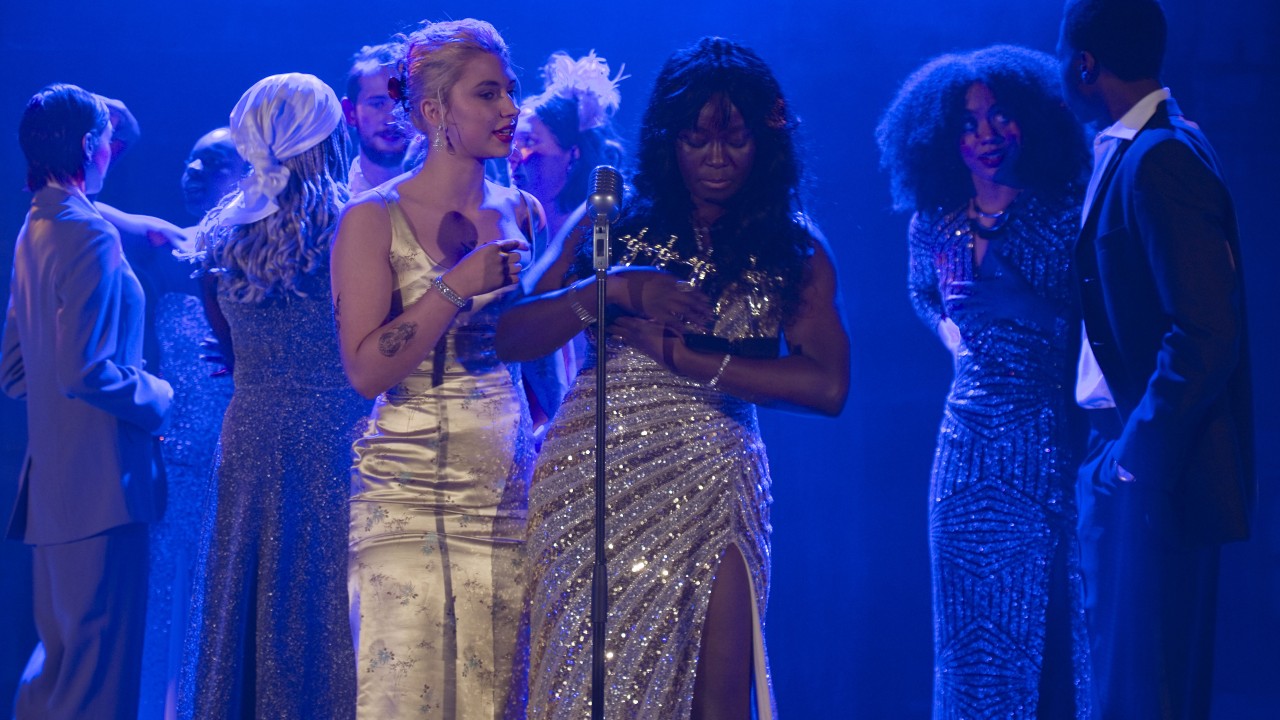
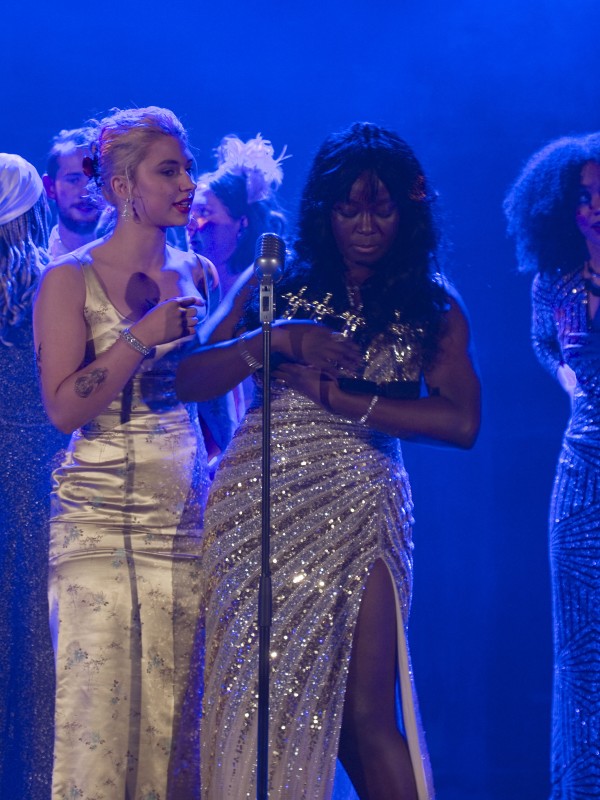
You’ll take screen acting classes and complete film and radio projects that allow you to explore the processes needed in today’s recorded media.
You’ll attend classes and workshops with guest speakers to develop your professional network and employment opportunities.
As you come to the end of your course, you’ll complete your transition to professional performer with several public productions and an industry showcase for invited agents and industry guests.
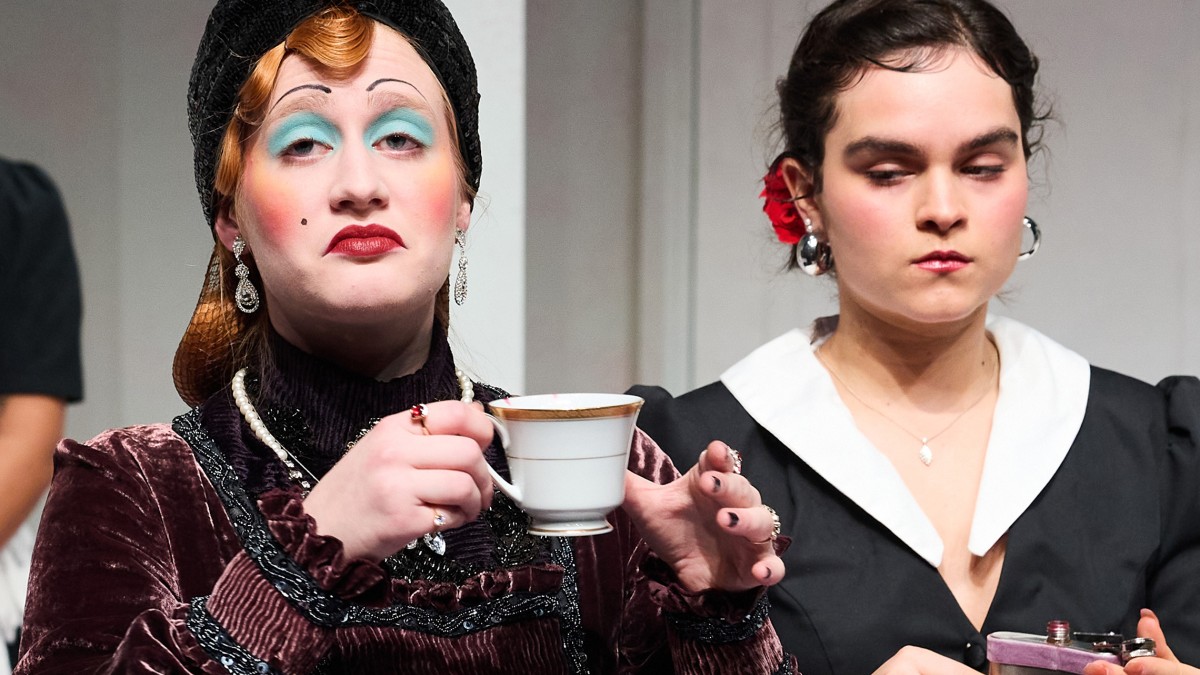
BA (Hons) - Council for Dance, Drama and Musical Theatre (CDMT)
Accredited by the Council for Dance Education and Training (CDET).
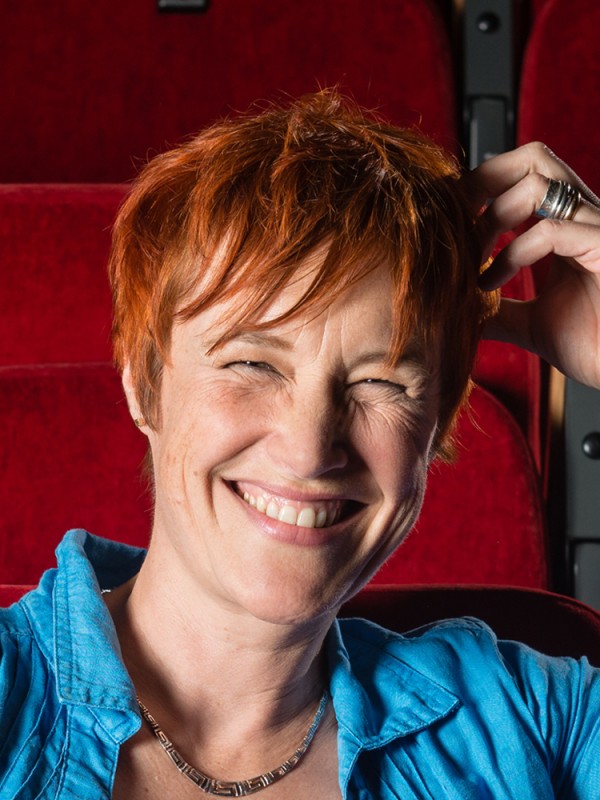
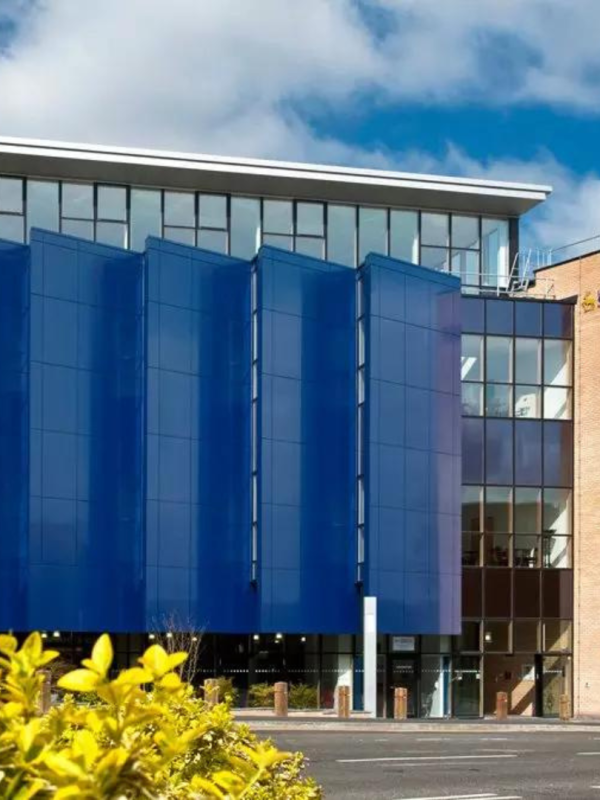
This course is taught by academic staff from the Guildford School of Acting.
See the department Course structureAt the Guildford School of Acting (GSA), we deliver our provision across three teaching blocks, within the University of Surrey’s existing semester structure.
The structure of our programmes follow clear educational aims that are tailored to each programme. These are all outlined in the programme specifications which include further details such as the learning outcomes.
Modules listed are indicative, reflecting the information available at the time of publication. Modules are subject to teaching availability, student demand and/or class size caps.
The University operates a credit framework for all taught programmes based on a 15-credit tariff.
This Module introduces the core acting fundamentals that underpin the programme. Following two interdependent strands, Acting Technique and Text Analysis, the student will experience a range of psycho-physical processes designed to develop the actor’s expressive and analytical skills.
This module introduces students to a range of key movement and voice practices designed to develop embodied awareness and understanding, expand their physical and vocal literacy and capability, and support students to embody a range of movement possibilities. Through the year students are encouraged to become self-reflective and independent, developing their confidence, clarity, and range of movement expression.
Research and preparation will be necessary in pursuit of some of the modules aims. Students are required to be punctual, to warm up, and dress appropriately for classes. The Actor in Rehearsal 1 offers an opportunity for integration of principles and skills from across the programme. Like a canvas the actor may use the rehearsal room to experiment with and apply their training in relation to different theatrical forms and rehearsal processes. Students engage with two rehearsal projects in this module, each led by a tutor in the role of a director. The first rehearsal project incorporates scenes from one or more plays belonging to the Naturalism tradition. The second rehearsal project incorporates scenes from one or more Shakespeare plays.
This module introduces students to a range of collaborative strategies and practices towards the generation of new, original work in a variety of forms. Rooted in explorations of play, risk, impulse and trust, the module allows students to work as an ensemble, and to develop their creativity through listening, observation, reflection, problem-solving, and an increasing sensitivity towards the needs of others.
EVM2 builds on EVM1, inviting students to apply their holistic movement knowledge gained in Level 4 to character and text in a range of ways. Through the year students focus on specific skills to support the development and realization of embodied, specific characters; and to work with greater criticality and awareness of the dialogue between inner impulse and outer form.
This module builds on the work of Level 4 Acting Fundamentals. Students will apply and develop their skills in a range of new contexts, including screen acting, film making, comedy, and plays by a range of international playwrights. Students will be expect to be punctual, to warm up, and to dress in suitable clothing for each session. Screen Acting classes will introduce the basics of screen acting technique, and introduce students to a range of different styles of scripts. Filmmaking classes will introduce the principles of filmmaking, and explore different filmmaking techniques, including collaborative short film projects. Editing workshops will support the work of the short film projects. Classes in scene study and comedy will extend students¿ experience in a range of different performance styles.
Research and preparation will be necessary in pursuit of some of the modules aims. Students are required to be punctual, to warm up, and dress appropriately for classes. The Actor in Rehearsal 2 offers further opportunities for the application and refining of principles skills from across the programme. Students engage with two rehearsal projects in this module, each led by a tutor in the role of a director: A devised/adaptation project, producing an original ensemble piece, in response to a provocation, or non-dramatic source material. A rehearsal project incorporating heightened text.
This module prepares students for work with freelance and in-house directors on mid and large scale public productions at Level 6. The module includes basic (unarmed) stage combat classes and an in-house production, rehearsed full time with a tutor-director over 5 weeks, and performed in a GSA studio for an invited audience, with no technical support.
This module builds on Collaborative Principles (Level 4) and Screen/Acting Fundamentals (Level 5) and offers opportunities for students to gain confidence in a range of media, including (but not limited to) TV, radio, voice-over, motion-capture, gaming, film and live solo performance. The module also brings students into working collaborations with digital industry creatives, filmmakers, agents, directors and actors working in different live, audio and digital media. Live performances of short monologues will be shared with agents at a special industry event. Showreels will be scripted and shot by freelance creatives, before being edited by students.
This module is in many ways the culmination of all the previous work undertaken throughout the students' training, drawing upon the wide range of skills developed through levels 4 and 5.
This module provides opportunities for students to use knowledge, principles and skills from across the programme in a fully-supported industry-facing season of self-generated work. The modules offers time to explore collaborative practice, artistic autonomy, and self-made work. From inception, through pitching/funding, into performance, the module provides the experience of producing self-generated work in live theatre, film, or recorded media, which is shared in an industry-facing season at the end of the module.
We assess modules individually and award credits for the successful completion of each one. Assessment takes place through a combination of:
Contact hours can vary across our modules. Full details of the contact hours for each module are available from the University of Surrey's module catalogue. See the modules section for more information.
New students will receive their personalised timetable in Welcome Week. In later semesters, two weeks before the start of semester.
Scheduled teaching can take place on any day of the week (Monday – Friday).
Stag Hill is the University's main campus and where the majority of our courses are taught.
Career opportunitiesWe offer careers information, advice and guidance to all students whilst studying with us, which is extended to our alumni for three years after leaving the University.
Our graduates have an unrivalled employment record in all performance media. In the survey, Graduate Outcomes 2024, HESA, results show that 97 per cent of our undergraduate Guildford School of Acting students go on to employment or further study.
Our very distinguished alumni include performers such as:
We offer the best of both worlds at GSA with our world-class performance training on an exciting university campus.
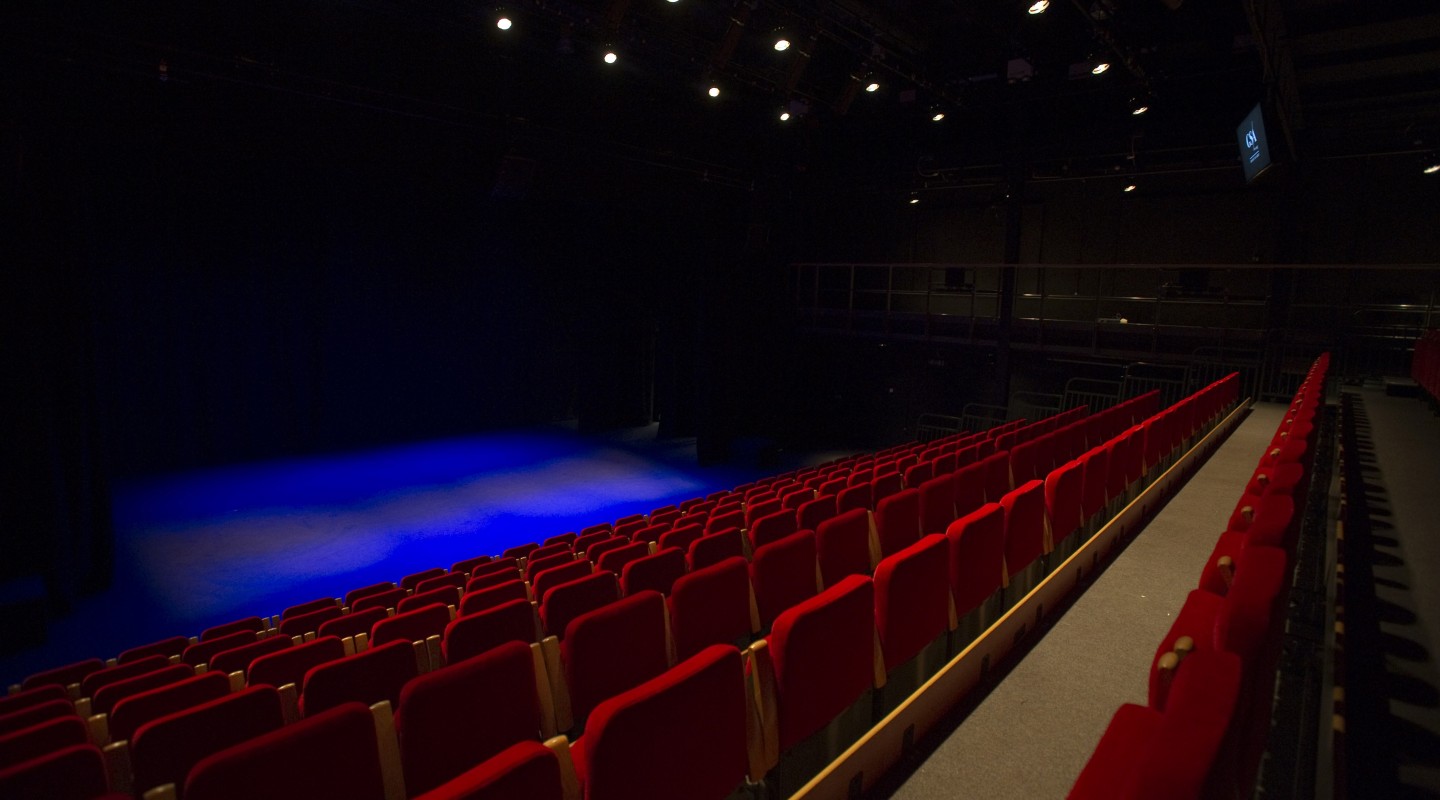
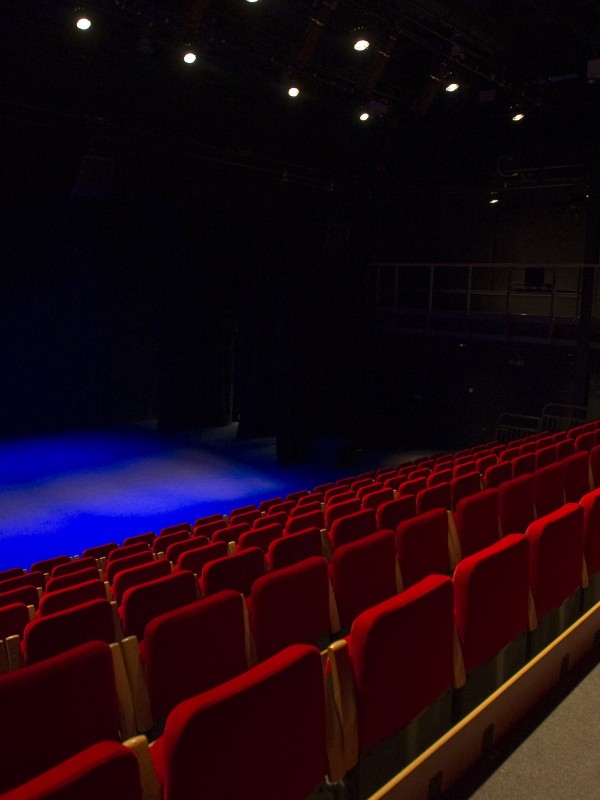
Discover more about our extensive performance, rehearsal and production facilities.
Play videoDiscover more about our extensive performance, rehearsal and production facilities.
Hear from our students and graduates 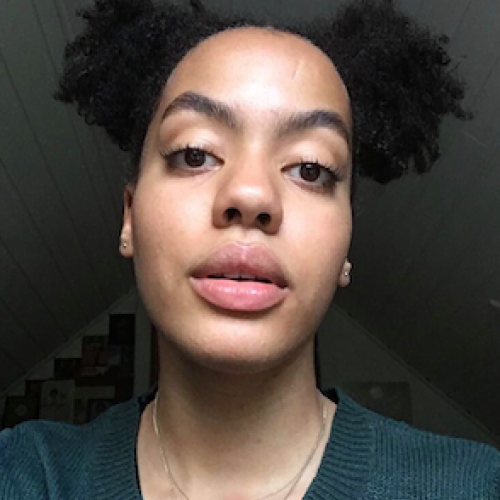

Student - Acting BA (Hons)
"I chose to study this course at Surrey because it enables me to have all the benefits of taking one of the best acting degrees in the country, whilst also being able to have a normal university experience."
Student profile 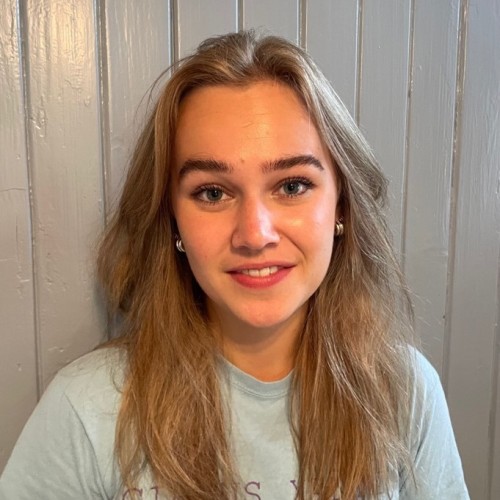
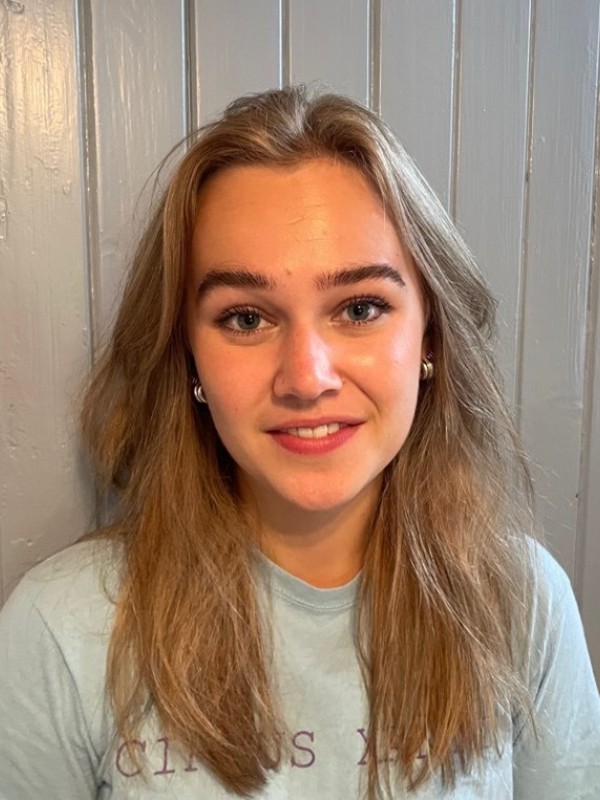
Student - Acting BA (Hons)
The care and dedication the tutors show to each individual student is unparalleled. They really set you up to succeed in the path that you specifically want to take.
Student profile Entry requirementsLearn more about the qualifications we typically accept to study this course at Surrey.
Please note: A-level General Studies and A-level Critical Thinking are not accepted. Applicants taking an A-level science subject with the Science Practical Endorsement are expected to pass the practical element.
GCSE or equivalent: English Language at Grade 4 (C) and Mathematics at Grade 4 (C).
Candidates who can demonstrate exceptional talent, and can satisfy the panel of their ability to successfully complete the programme, may also be considered.
GCSE or equivalent: English Language at Grade C(4) and Mathematics at Grade C (4).
Candidates who can demonstrate exceptional talent, and can satisfy the panel of their ability to successfully complete the programme, may also be considered.
GCSE or equivalent: English A HL4/SL4 or English B HL5/SL6 and Maths (either course) HL4/SL4.
Candidates who can demonstrate exceptional talent, and can satisfy the panel of their ability to successfully complete the programme, may also be considered.
Overall: 68%
GCSE or equivalent: Maths 6 and either English Language (1/2) 6 or English Language (3)7.
Candidates who can demonstrate exceptional talent, and can satisfy the panel of their ability to successfully complete the programme, may also be considered.
Overall: QAA recognised Access to Higher Education Diploma with 45 Level 3 credits overall including 21 at Distinction, 3 at Merit and 21 at Pass.
GCSE or equivalent: English Language and Mathematics at Grade C(4).
Candidates who can demonstrate exceptional talent, and can satisfy the panel of their ability to successfully complete the programme, may also be considered.
Overall: BBBCC.
GCSE or equivalent: English Language - Scottish National 5 - C Maths - Scottish National 5 - C.
Candidates who can demonstrate exceptional talent, and can satisfy the panel of their ability to successfully complete the programme, may also be considered.
Overall Pass: overall with CCC from a combination of the Advanced Skills Challenge Certificate and two A-levels.
Please note: A-level General Studies and A-level Critical Thinking are not accepted. Applicants taking an A-level science subject with the Science Practical Endorsement are expected to pass the practical element.
GCSE or equivalent: English Language and Mathematics – Numeracy as part of the Welsh Baccalaureate. Please check the A-level drop down for the required GCSE levels.
IELTS Academic: 6.5 overall with 6.0 in writing and 5.5 in each other element.
If you do not currently meet the level required for your programme, we offer intensive pre-sessional English language courses, designed to take you to the level of English ability and skill required for your studies here.
We make offers in terms of grades after a successful audition and interview.
If you can demonstrate exceptional talent, and can satisfy the panel of your ability to successfully complete the course, you may be considered for a place irrespective of your academic background.
Please note: A non-refundable audition fee is usually charged. We are unable to provide audition feedback. Visit the GSA website for further information.
We recognise that many students enter their higher education course with valuable knowledge and skills developed through a range of professional, vocational and community contexts.
If this applies to you, the recognition of prior learning (RPL) process may allow you to join a course without the formal entry requirements or enter your course at a point appropriate to your previous learning and experience.
There are restrictions on RPL for some courses and fees may be payable for certain claims. Please see the code of practice for recognition of prior learning and prior credit: taught programmes (PDF) for further information.
Did you know eligible students receive support through their application to Surrey, which could include a grade reduction on offer?
About contextual offers Fees and fundingExplore UKCISA’s website for more information if you are unsure whether you are a UK or overseas student. View the list of fees for all undergraduate courses.
The annual tuition fees for courses starting in September 2025
Fees will increase for each year of your programme as detailed in our tuition fee increases disclaimer
The exact date(s) will be on invoices. Students on part-time programmes where fees are paid on a modular basis, cannot pay fees by instalment.
If you are studying on a programme which contains a Professional Training placement year there will be a reduced fee for the academic year in which you undertake your placement. This is normally confirmed 12 to 18 months in advance, or once Government policy is determined.
Grand total: £400 – £550 approximately.
In the final year, we recommend you apply for Graduate Membership of Spotlight (including graduates casting list) and Equity membership – £150 approximately.
You will be offered a week’s training in Stage Combat leading to Actors Combat Theatrical Training (ACTT) Standard-level exam.
Opportunities for advanced training may also be available to students. These are extra-curricular courses so additional charges apply.
Additional dance classes: classes are normally scheduled in the evenings and are open to all GSA students. These are extra-curricular, so additional charges apply.
All students at GSA are encouraged to attend productions of their fellow students’ work to enrich their learning experience and give opportunities for critical analysis. These are public events for which students will be charged a reduced ticket price of £5.
Some productions will be free to attend and there are opportunities for first years to volunteer in front of house, enabling those students to watch that production free of charge. Within an academic year a student might expect to attend around 25 productions.
You may also wish to join the GSA Student Society – estimated £5 per annum.